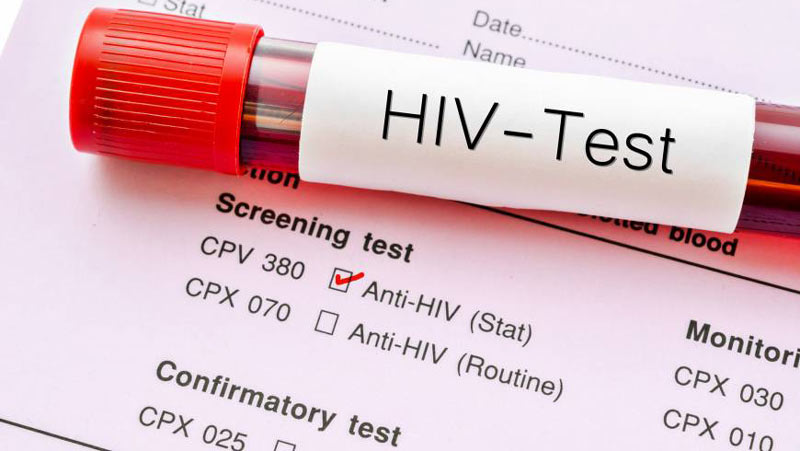Antibody Screening Tests
These tests check for a kind of protein that your body makes in response to the HIV infection, 2-8 weeks later. They’re also called immunoassay or ELISA tests. They’re generally very accurate, but they won’t catch early infections.
Usually, a technician will take a small blood sample and send it to a lab for testing. Some immunoassay tests check urine or fluids from your mouth (not saliva), but there aren’t as many antibodies in these, so you may not get a positive result even if you’re infected. (That’s called a false negative.)
Antibody/Antigen Combination Tests
The CDC recommends these blood tests. They can detect HIV as soon as 20 days earlier than antibody screening tests. They check for HIV antigen, a protein called p24 that’s part of the virus that shows up 2-4 weeks after infection, as well as HIV antibodies.
RNA Test
This looks for the virus itself and can diagnose HIV about 10 days after you’ve been exposed. It’s expensive, though, so it’s usually not the first test. But if you’re at high risk and you have flu-like symptoms, your doctor may want to use it.

